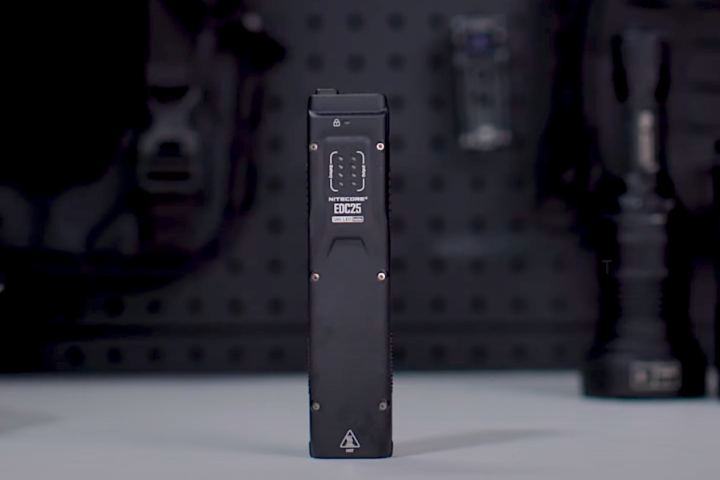New research funded by the National Institute for Health Research (NIHR) Biomedical Research Centre and King's College London, UK, may result in bio-engineered replacement teeth which are generated from a person’s own gum cells. Though artificial whole-tooth implants are currently available to people who are missing a tooth, such implants are unable to fully reproduce the natural root structure of a tooth. This means that in time, friction caused by eating and other movement of the jaw can result in a loss of jaw bone.
Previous research toward producing bio-engineered teeth (or “bioteeth”) has focused on the growing of new teeth by using embryonic cells inserted into an adult jaw as “pellets.” Despite the marked difference in environment, such immature teeth (teeth primordia) can develop into normal adult teeth given the right conditions. However, embryonic cells are typically considered unappealing for widespread use, so what’s really needed is a an adult source of tooth cells.
"What is required is the identification of adult sources of human epithelial and mesenchymal cells that can be obtained in sufficient numbers to make biotooth formation a viable alternative to dental implants,” explained Professor Sharpe, an expert in craniofacial development and stem cell biology at King’s College London’s Dental Institute, who led the research.
To this end, the new research isolated adult human gum tissue from patients at King’s College London’s Dental Institute, then combined the gum tissue with the embryonic cells which are responsible for forming teeth in mice. Transplanting this combination of cells into test-mice resulted in the culture of hybrid human and mouse teeth which contained dentine and enamel, in addition to viable roots.
The work is still in its infancy, and the next step for the scientists is to create the teeth without the need for mouse cells.
The research was recently published in the Journal of Dental Research.
Source: King’s College London




